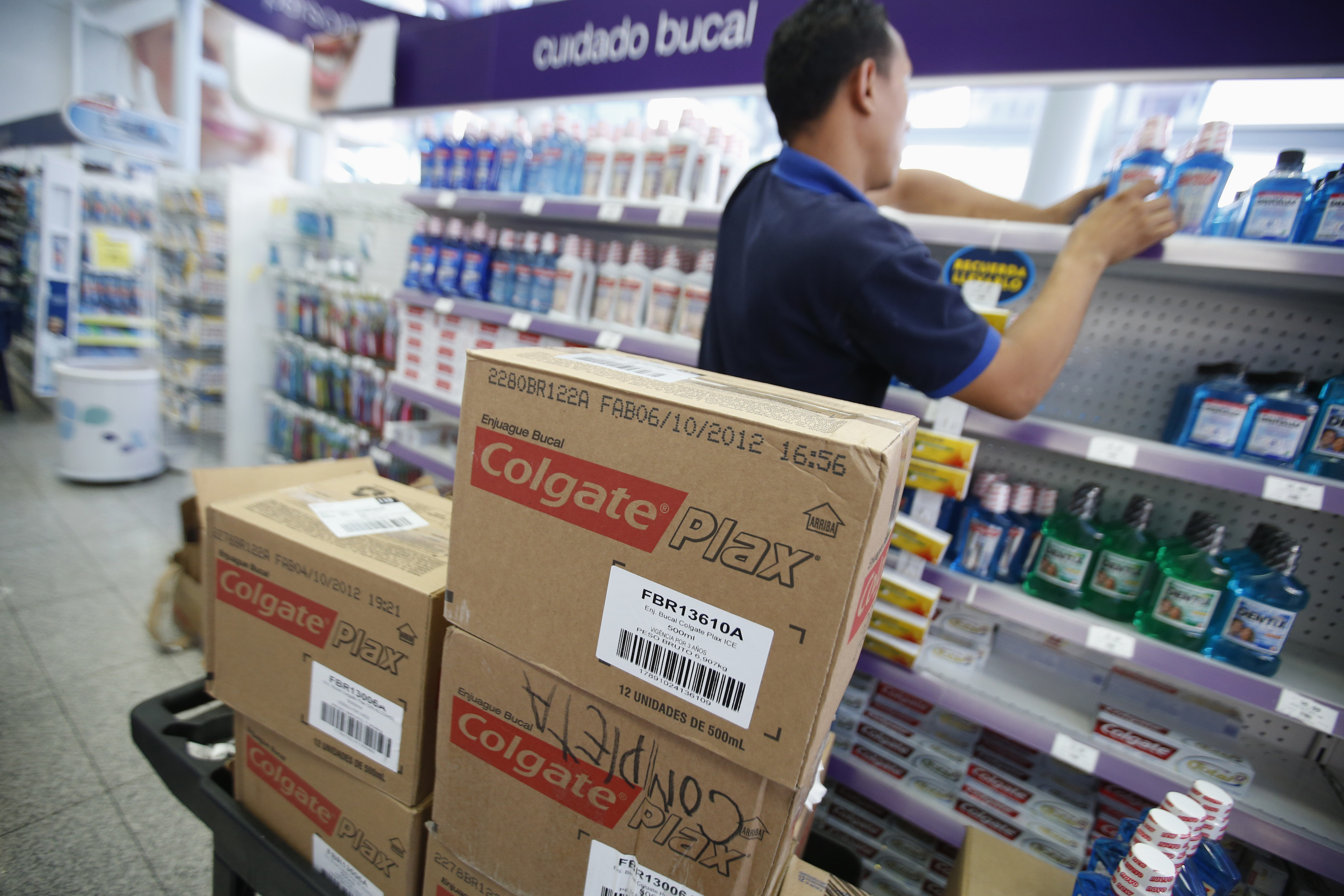Colgate Expands Beyond Oral Care: A Strategic Move to Diversify in 2023

Colgate Expands Beyond Oral Care: A Strategic Move to Diversify in 2023
Colgate-Palmolive, the most prominent oral care firm in the nation, wants to expand beyond oral hygiene and is proposing to focus more on various fast-moving consumer goods (FMCG) categories.
In her first media interview since taking over a year ago, Prabha Narasimhan, MD & CEO of Colgate-Palmolive India, revealed that the company, best known for its Colgate Strong Teeth, Max Fresh, and Visible White toothpaste, is looking to bring some of its international brands into India in the hair care, home care, and pet care categories.

She added that for potential acquisitions in non-oral care, the company is also in contact with heritage businesses and direct-to-consumer brands.
Additionally, it will launch new items under the Palmolive banner, the sole non-oral care brand presently included in its India portfolio and specializing in personal care goods, including hand, body, face, and shower gels.
“On Palmolive, we have a more comprehensive selection than outside India. The most excellent products from that category that are appropriate for this nation will be brought. We also have additional brands outside of India in addition to them.
We are evaluating the potential relevance of each section. For instance, Narasimhan mentioned that several more categories were considered for India, including hair, house care, pet care, and many others.
Worldwide, Colgate’s FMCG portfolio includes a variety of soaps (Softsoap, Protex, Sanex), household cleansers (Ajax, Fabuloso), fabric care (Fluffy, Cuddly), deodorants, dishwashing liquids (Axion, Palmolive), surface cleaners, shampoos, and pet nutrition. According to experts following the firm, non-oral care accounts for 50–55% of Colgate’s global sales, with oral care making up the remaining 45–50%.
Colgate has a market share of more than 50% in India’s domestic toothpaste market, with a strong focus on the oral care sector. Sector analysts estimate that Colgate derives about 95–96% of its income from the oral care industry, with the contribution from personal care now minimal.
As the company’s first direct recruit from outside Colgate India in more than 20 years, Narasimhan is eager to alter this business mix moving ahead. According to her, Palmolive has significant brand equity that can be effectively tapped into the market.
“Palmolive has an equity that is underserved. In a fragmented market for personal care, it has been there for 73 years in India and has a 60%+ awareness rate. The speaker asserts that it is up to us to convert this substantial amount of latent equity into actual sales.

The business offers a three-pronged approach to dental care. One is to promote growth in the categories of toothbrushes and toothpaste. The second is encouraging premiumization based on science and oral attractiveness, particularly in metropolitan areas. Driving penetration and volume growth in rural regions is the third component.
According to her, there are signs of growth in specific rural marketplaces on the outside. Regarding the company’s pastoral approach, she adds, “Rural consumption is coming back, and that is happening as inflationary pressures moderate, which augurs well for us.
“According to Narasimhan, Colgate will concentrate on reaching the 55% of rural consumers who need to wash their teeth consistently.
It also holds a 90% market share at a price below $40, opening the door for moving customers up the value chain.
Urban regions will emphasize categories like whitening, freshness, and sensitivity. The business anticipates that its line of electric toothbrushes for adults and children will do well and help increase the percentage of its premium portfolio.
Colgate-Palmolive, a household name for oral care products, is stepping beyond its traditional boundaries in 2023. Recognized globally for its range of toothpaste, toothbrushes, and dental floss, Colgate has embarked on a journey to diversify its portfolio and venture into non-oral care segments.

This strategic move represents a watershed moment in the company’s history and sends strong signals about the changing dynamics in consumer goods markets.
Founded in 1806 by William Colgate, the company initially started as a starch, soap, and candle business. In the late 19th century, Colgate released its first dental cream packaged in a jar.
Since then, Colgate has become synonymous with dental hygiene, commanding a market share that has trailed competitors. The brand’s deep focus on research and development, quality, and market understanding has put it in the pole position in the oral care business.
Colgate’s leadership in oral care is undisputed; however, no matter how well-rooted, any enterprise must adapt to changes in consumer needs and market trends. The oral care market is nearing saturation, and growth rates are slowing.
The COVID-19 pandemic has altered consumer behavior considerably. Health and hygiene have become overarching themes, but consumers are now looking for all-in-one brands catering to various facets of well-being—personal and environmental.
Technological innovations are blurring the lines between different categories of consumer goods. For instance, intelligent toothbrushes are already bridging oral care with tech wearables.
Colgate has dabbled in the skincare sector before but has now decided to launch a full-fledged range, from anti-aging serums to daily moisturizers. With the acquisition of smaller brands specialized in eco-friendly and sustainable home care solutions, Colgate aims to enter the home cleaning market.

Capitalizing on the wellness trend, Colgate has plans to introduce a series of nutritional supplements and health foods.
For years, Colgate has been closely associated with oral care. Its venture into new markets might cause consumer confusion.
Colgate will compete against well-established players in the non-oral care sectors, a different ball game than they’re used to.
Diversifying product offerings might introduce new challenges in supply chain management, including sourcing, manufacturing, and distribution.
Colgate’s decision to diversify into non-oral care sectors reflects an ambitious yet calculated move to continue its growth trajectory. While the risks are undeniable, the strategy opens up new avenues for innovation and engagement with a broader consumer base.
The diversification plan could be considered a strategic imperative given the shifts in consumer behavior and market dynamics.

By giving teeth to its non-oral care business, Colgate seeks to future-proof its operations and aims to establish new benchmarks in the consumer goods industry.
Only time will tell whether this gamble will pay off, but it’s a bold step forward for a brand that has spent over two centuries focused predominantly on oral care.




